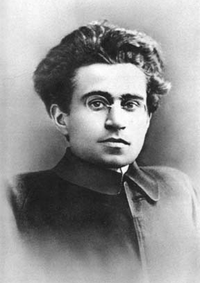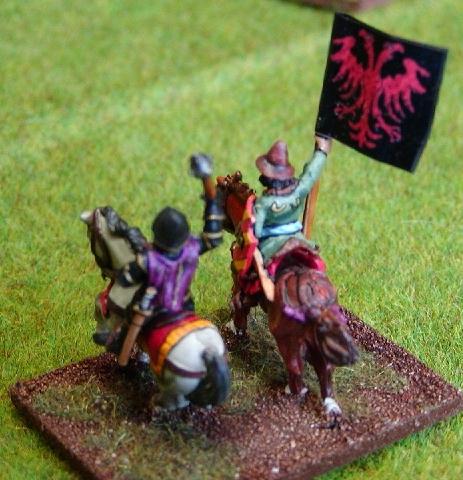
Edhe kjo fotografuar ne Janine.











Gramsci was born in Ales, on the island of Sardinia. He was the fourth of seven sons of Francesco Gramsci, a low-level official from Gaeta, and his wife. Of Albanian descent, Gramsci's father was Arbëreshë and the family name was related to Gramsh, an Albanian town. The senior Gramsci's financial difficulties and troubles with the police forced the family to move about through several villages in Sardinia until they finally settled in Ghilarza.
In 1898 Francesco was convicted of embezzlement and imprisoned, reducing his family to destitution. The young Antonio had to abandon schooling and work at various casual jobs until his father's release in 1904. The boy suffered from health problems: a malformation of the spine owing to a childhood accident left him hunch-backed and underdeveloped. He was also plagued by various internal disorders throughout his life.
Gramsci completed secondary school in Cagliari, where he lodged with his elder brother Gennaro, a former soldier whose time on the mainland had made him a militant socialist. But, Gramsci's sympathies then did not lie with socialism, but rather with the grievances of impoverished Sardinian peasants and miners. They perceived their neglect as a result of privileges enjoyed by the rapidly industrialising North, and they tended to turn to Sardinian nationalism as a response.


In 1911, Gramsci won a scholarship to study at the University of Turin, sitting the exam at the same time as future cohort Palmiro Togliatti. At Turin, he read literature and took a keen interest in linguistics, which he studied under Matteo Bartoli. Gramsci was in Turin as it was going through industrialization, with the Fiat and Lancia factories' recruiting workers from poorer regions. Trade unions became established, and the first industrial social conflicts started to emerge. Gramsci frequented socialist circles as well as associating with Sardinian emigrants, which gave him continuity with his native culture. His worldview shaped by both his earlier experiences in Sardinia and his environment on the mainland, Gramsci joined the Italian Socialist Party in late 1913.

Simboli i zi i shqiponjes, ne Epir dhe me gjere nga mbreterit lokale, neper flamuj, perdorej vetem kur kishte lufte, por duke qene qe gjate historise, shqiptaret e shnderruan luften nga nje ndodhi te jashtezakonshme, ne nje fenomen te zakonshem shoqerues te jetes se tyre, deri dhe ne zanat, shqiponja e paqes(jo e zeza), ja la vendin shqiponjes se luftes, duke u bere simbol i kesaj race.Socio wrote: Vereni flamurin zi e kuq qe mbajne shqiptaret !!




